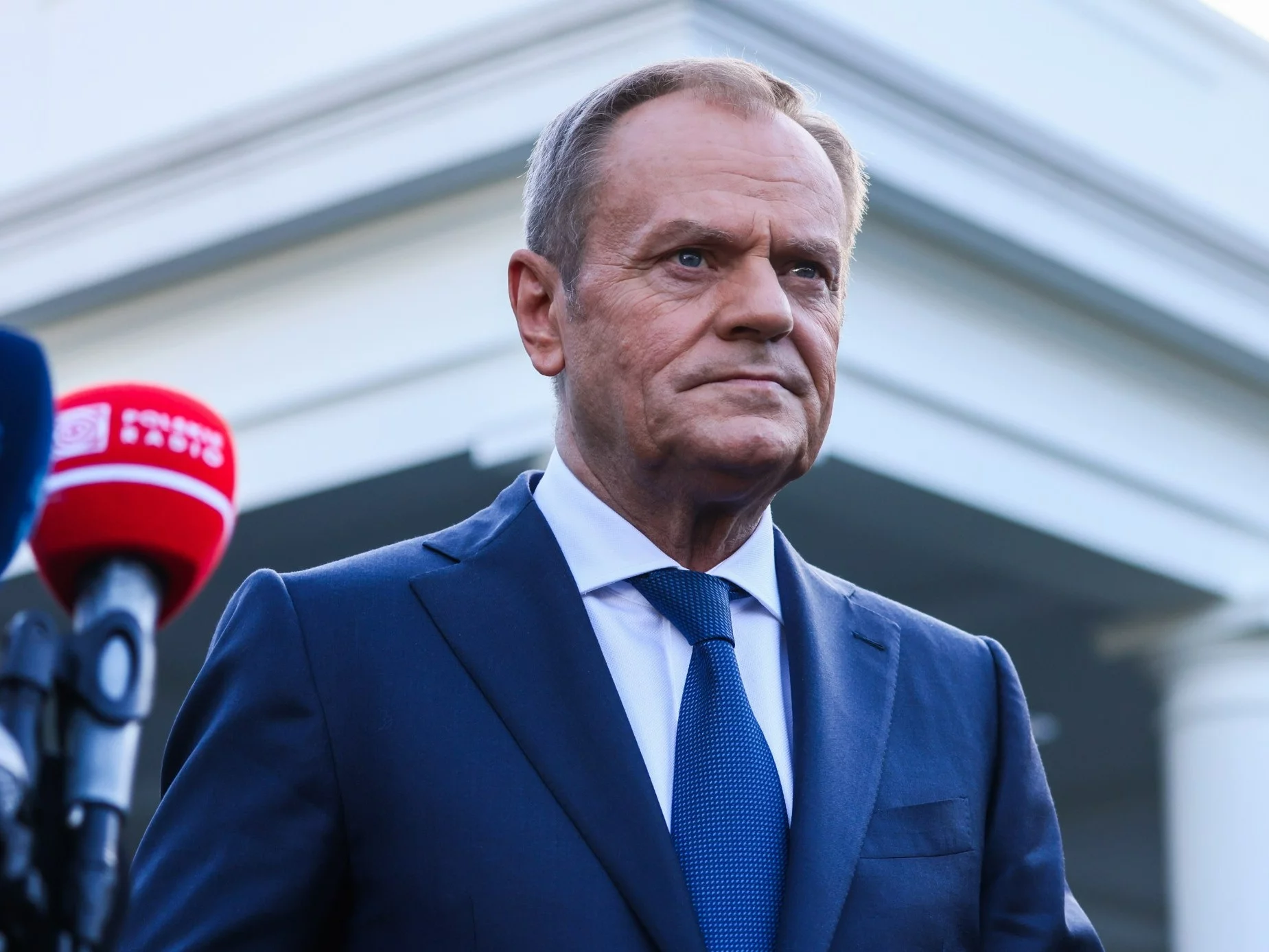
Габбард заявил, что выступление США на саммите в Шангри-Ла демонстрирует приверженность миру в Индо-Тихоокеанском регионе
Автор: Кэтрин Янг, The Epoch Times
31 мая директор национальной разведки Тулси Габбард заявил, что послание США партнерам по Индо-Тихоокеанскому региону на саммите в Шангри-Ла было посланием мира.
Всеобъемлющий посыл очень согласуется с тем, о чем говорил президент Трамп на протяжении всей своей администрации и своего срока пребывания в должности, а именно, что он хочет быть президентом мира. Об этом Габбард рассказал Fox News с саммита.
Она сказала, что в регионе много стран, каждая из которых имеет сложную историю, культуру и потребности, полные нюансов.
«Здесь присутствуют более 40 стран, более 500 человек, и этот диалог, эта дипломатия, это углубление взаимопонимания между нами как странами, это то, что необходимо для достижения прогресса на пути к миру и стабильности, снижения вероятности недопонимания, просчетов и решений, принимаемых на основе либо плохой информации, либо просто непонимания. Эй, какие нюансы мы должны увидеть здесь, чтобы не попасть в заголовки? "

31 мая министр обороны США Пит Хегсет выступил с речью, в которой изложил видение США Индо-Тихоокеанского региона, подчеркнув его подход «мир через силу».
Хегсет сказал, что Соединенные Штаты намерены строить отношения с другими странами, которые имеют взаимную выгоду и уважение суверенных интересов, а не морализаторства или зависимости.
Мы здесь не для того, чтобы проповедовать вам об изменении климата или культурных проблемах. Мы здесь не для того, чтобы навязывать вам свою волю. Мы все суверенные государства. Мы должны быть в состоянии выбрать будущее, которое мы хотим построить, - сказал он. «На этом общем фундаменте взаимного интереса и здравого смысла мы будем строить и укреплять наши оборонные партнерства для сохранения мира и повышения благосостояния. "
Он разделил собственную приверженность Соединенных Штатов обороне, коснувшись таких инициатив, как система противоракетной обороны «Золотой купол» и 13-процентное увеличение расходов на оборону, и повторил ожидание, что страны-партнеры также укрепляют свою оборону.
«Мы взаимодействуем, помогаем и расширяем возможности наших союзников — иногда с жесткой любовью, но все же любовью», — сказал он. Он добавил, что настойчивость Соединенных Штатов в том, что союзники по НАТО владеют большей частью своей собственной безопасности, освободила Соединенные Штаты, чтобы сосредоточиться на Индо-Тихоокеанском регионе, «нашем приоритетном театре. "
Эти партнерские отношения «взаимного интереса» означают амбициозную совместную подготовку в области обороны, а также устойчивые цепочки поставок для всех. Хегсет сказал.
Министр обороны также назвал китайский коммунистический режим, подчеркнув его агрессию в Индо-Тихоокеанском регионе, его попытки «вооружить» Панамский канал, шпионский воздушный шар, который он пролетел над Соединенными Штатами, кибератаки на критическую инфраструктуру Соединенных Штатов и других стран, военные игры вокруг Тайваня, среди других агрессивных действий. Он также указал на отсутствие министра обороны Китая на саммите.
«Китай пытается запугать вас в ваших собственных водах», — сказал он. Хегсет повторил, что Соединенные Штаты не «искали конфликта», но не будут «вытеснены из этого критического региона ... и будут подчинены и запуганы». "
Он признал, что многие страны Индо-Тихоокеанского региона видят необходимость сбалансировать свои отношения с Китаем и Соединенными Штатами, но предположил, что статус-кво не сохранится.
«Угроза собирается», Он сказал.
«Мы знаем, что многие страны соблазняются идеей поиска как экономического сотрудничества с Китаем, так и оборонного сотрудничества с Соединенными Штатами. Это географическая необходимость для многих, - сказал он.
«Но остерегайтесь рычагов, которые КПК стремится использовать в связи с этой запутанностью. Экономическая зависимость от Китая только углубляет их пагубное влияние и усложняет наше пространство для принятия оборонных решений в периоды напряженности. "
Тайлер Дерден
Мон, 06/02/2025 - 07:20













